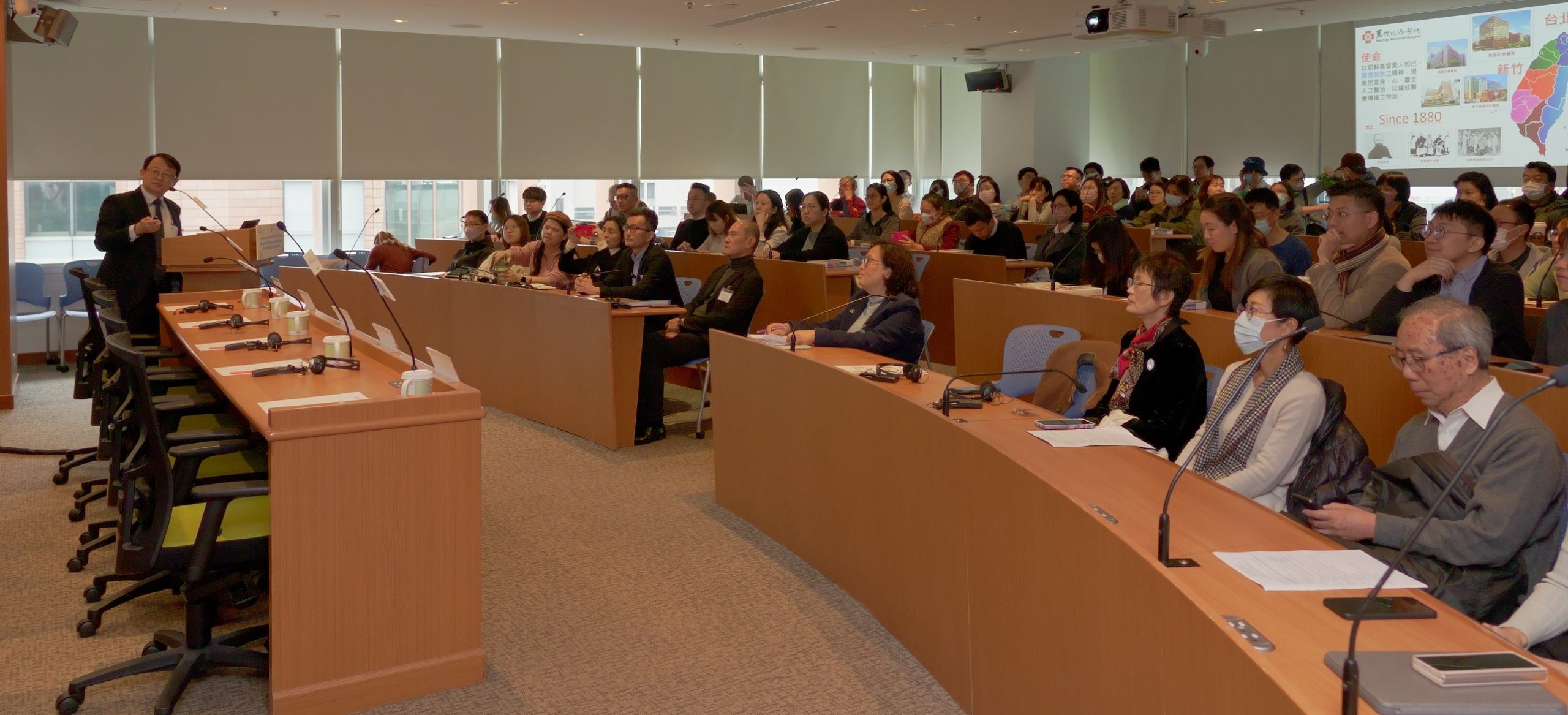Death and dying happen everywhere, and thus health and social care professionals, regardless of their service settings, need basic knowledge and skills in end-of-life care (EoLC) so that patients and their family caregivers can be provided with appropriate support anytime and anywhere. In another word, all health and social care professionals should be equipped with at least a basic level of knowledge and skills in EoLC. Despite so, the level and complexity of care needed at the end-of-life journey varies from person to person, depending on various factors such as age of patients, disease trajectory, family life cycle and familiar support of patients etc. Therefore, differentiated levels of EoLC, such as EoLC approach, generalist EoLC, and EoLC approach are needed to cater terminally ill patients with different levels and complexity of care needs.
To equip health and social care professionals with EoLC competencies that match with their roles and level of involvement in EoLC, JCECC is committed to develop tiered or specific capacity building programmes meet the training needs of a vast of professionals. In the Phase III Project, the following different types of professional training or educational programmes are provided for specific target groups:






